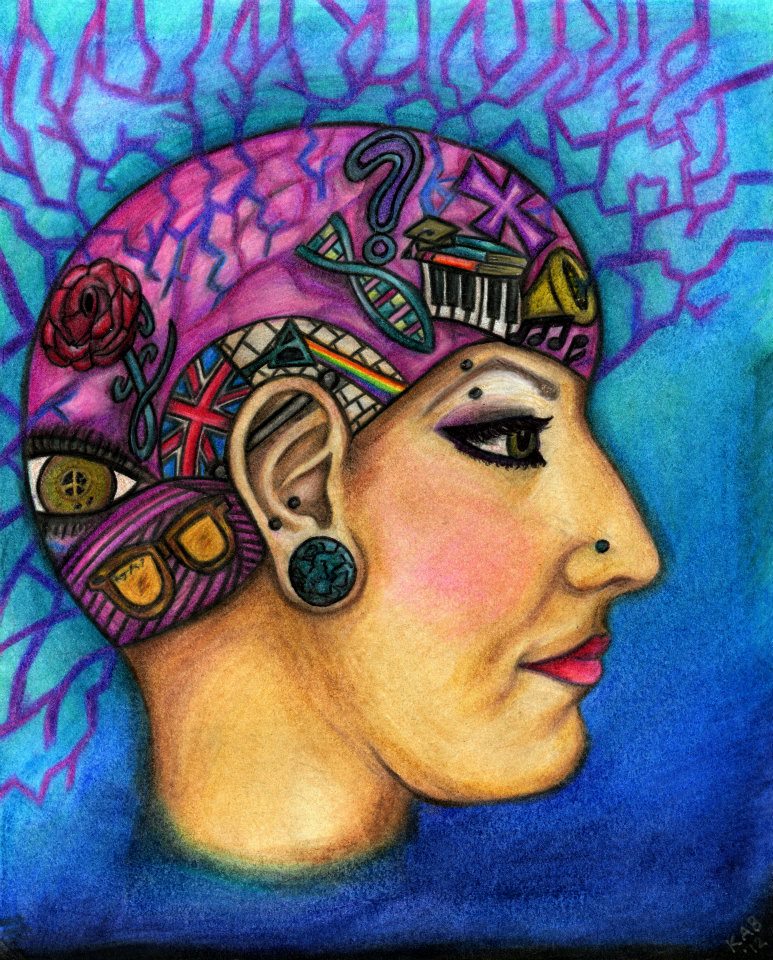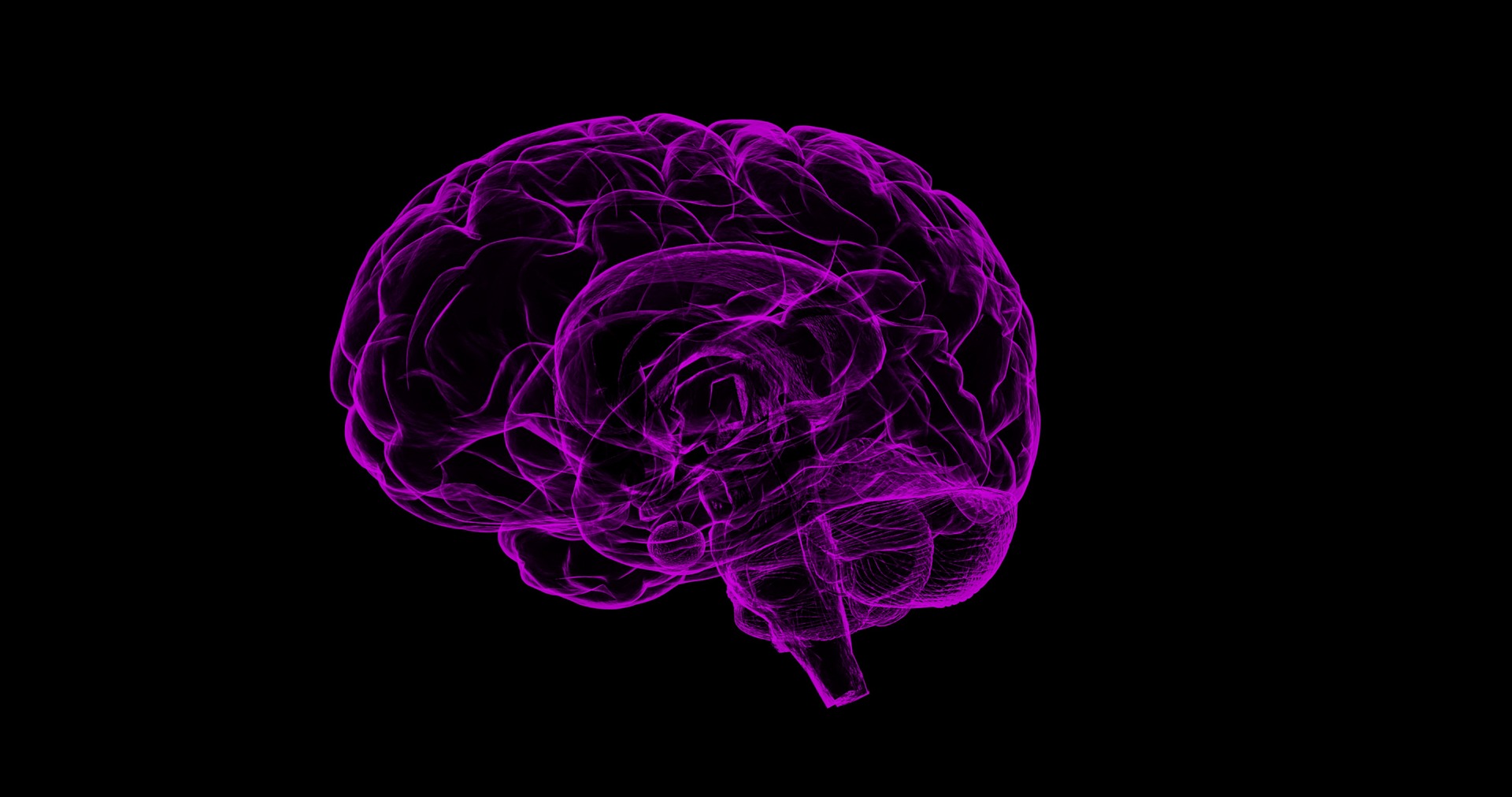
For many years, the traditional stereotypes of male and female brains have been prevalent. There’s the classic notion that men are more technically-minded and better at tasks like map reading, but can only concentrate on one thing at a time. Women, on the other hand, have greater emotional intelligence, rely less on logic, and are more able to multitask.
Therefore, it might stand to reason that, for a game like bingo which hinges more on intuition than on logic, women’s brains may be better suited to playing than men’s could ever be.
However, stereotypes are exactly what they sound like. A broad range of beliefs may be based on nothing more than inaccurate assumptions and even prejudice. So it’s well worth examining a little more closely to see if the game of bingo, which in the past had a distinctly female bias, has anything to tell us on this score.
It’s the operators themselves who should know who is playing and one look at the best online bingo sites gives some valuable clues. Evidently, providers are keen to accommodate all demographics, regardless of gender, age, or any other factor. This is clear from the vast array of titles available, which draw upon influences such as TV and game shows, and classic table games from yesteryear. Prime examples consist of: Rainbow Riches, Deal or No Deal: Multiplier and Fishin’ Frenzy, etc.
The games themselves are wide-ranging and varied without any obvious female bias. There are also offers such as free games and cashback on stake money that would seem to appeal equally to all genders. And, while the design of some sites may use colors more generally archetypally associated with female users, like pastels and pinks, most are more neutral in design.
So, already, the evidence is starting to stack up that the female and male brains may well be more similar than previously suggested – certainly from the perspective of how likely each is to play online bingo.

To dig a little deeper, it’s worth looking into the neuroscience that helped to fuel the “men are from Mars and women are from Venus” school of thought, even though it has since been largely discredited.
In research carried out in the 1980s, it was thought that the corpus callosum, the collection of nerves that connect the two sides of the brain, was bigger in women’s brains. Scientists claimed this as a reason why they were able to better balance the logical left side and more emotional, creative right side of their brains. However, a combination of more accurate brain imaging techniques that were developed in the 1990s and actual research into men and women’s behavior and mental capabilities found that there was no real correlation between the size of the corpus callosum and brain function.
In fact, what has emerged is that it’s how we actually use our brains that shape them, and our ability to use them, the most. A psychological study carried out among London taxi drivers, of both sexes, showed that having to memorize the location of over 25,000 streets in the city had altered the shape and function of their brains. So it would seem reasonably safe to say that women’s brains aren’t any more suited to playing bingo than men’s and it’s also true that it promises to be a very enjoyable experience, regardless of gender.


